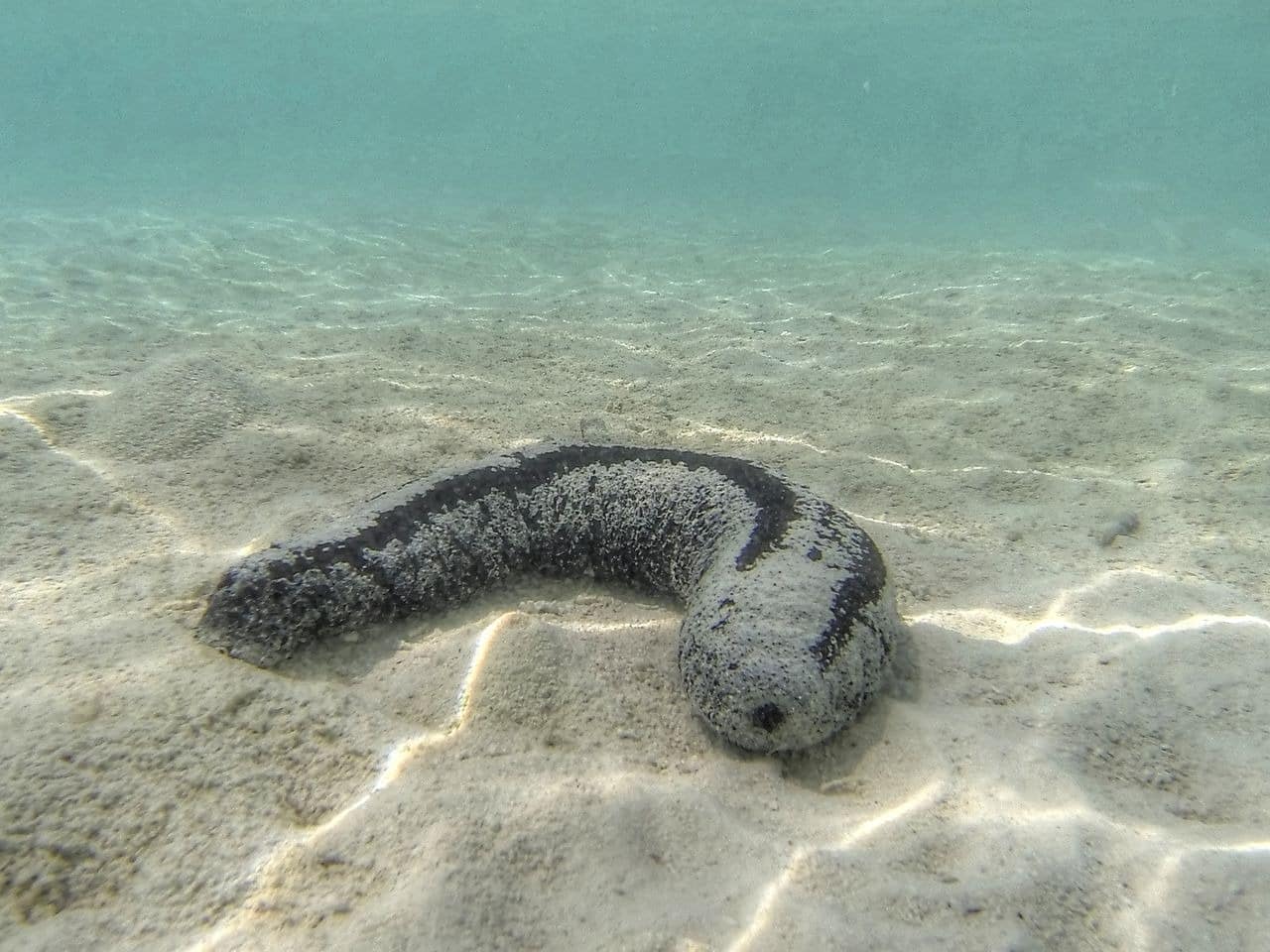

A new study led by the University of Mississippi has found that a sugar compound extracted from sea cucumbers may help fight the spread of cancer. The research, published in Glycobiology, revealed that the compound blocks Sulf-2, an enzyme linked to tumor growth. This discovery holds promise for safer, naturally derived cancer therapies.
The findings suggest that the sea cucumber could become a surprising ally in the fight against cancer. Researchers say its unique sugars may interfere with cancer’s ability to spread by disrupting how certain enzymes interact with human cells.
Despite its name, the sea cucumber is not a vegetable. It is a marine invertebrate related to sea urchins and starfish. Found in oceans around the world, it plays a crucial role in maintaining the ocean floor’s cleanliness by recycling nutrients. In many parts of Asia, it’s also considered a delicacy, often dried and used in soups and stews.
In traditional Chinese medicine, the sea cucumber has been used to treat a wide range of conditions, including fatigue, joint pain, erectile dysfunction, constipation, and frequent urination for generations. It’s especially valued for its high content of chondroitin sulfate, a substance also used in modern medicine to manage osteoarthritis symptoms.
Although it is widely used for its supposed health benefits, most traditional claims surrounding the sea cucumber, such as boosting longevity or improving sexual health, lack strong clinical evidence. Modern studies have shown some potential in lab settings, but human trials are still limited.
In the University of Mississippi study, researchers focused on a sugar compound known as fucosylated chondroitin sulfate, found in the sea cucumber species Holothuria floridana. This compound appears to block Sulf-2, an enzyme that cancer cells use to change sugar structures on their surfaces, helping them grow and spread.
The sea cucumber has been found to naturally produce a sugary compound that inhibits an enzyme instrumental in facilitating cancer growth, according to a new study. The next step is to find a method for producing the marine-derived anticancer compound in large quantities.… pic.twitter.com/XHcDedQ7iv
— New Atlas (@nwtls) June 11, 2025
“The cells in our body are essentially covered in ‘forests’ of glycans,” explained Vitor Pomin, associate professor of pharmacognosy. “And enzymes change the function of this forest – essentially prunes the leaves of that forest. If we can inhibit that enzyme, theoretically, we are fighting against the spread of cancer.”
Researchers used both computer simulations and lab tests to evaluate the compound. The results from both methods aligned, increasing the team’s confidence in the outcome.
“That gives us more confidence in the results,” said Robert Doerksen, professor of medicinal chemistry.
One of the most promising aspects of the compound is its safety. Unlike other treatments that target Sulf-2, the sea cucumber compound did not interfere with blood clotting, a common and serious side effect.
“As you can imagine, if you are treating a patient with a molecule that inhibits blood coagulation, then one of the adverse effects that can be pretty devastating is uncontrolled bleeding,” said Joshua Sharp, associate professor of pharmacology.
Sharp also noted the appeal of marine-sourced compounds. “Some of these drugs we have been using for 100 years, but we’re still isolating them from pigs because chemically synthesizing it would be very, very difficult and very expensive.”
Despite the promise, sea cucumbers are not widely available in quantities large enough for drug production. Many species are already in demand as food, especially in countries along the Pacific Rim.
“One of the problems in developing this as a drug would be the low yield, because you can’t get tons and tons of sea cucumbers,” said Pomin. “So, we have to have a chemical route, and when we’ve developed that, we can begin applying this to animal models.”
Some compounds in sea cucumbers—such as Philinopside A and Frondoside A—have shown antitumor activity in laboratory settings, possibly by blocking key cell signals that trigger cancer growth. However, these findings are based on cell or animal models; so far, no human studies have confirmed the results.
The study’s success reflects the power of interdisciplinary science. It brought together experts in chemistry, pharmacology, biology, and computational modeling.
“This research took multiple expertise – mass spectrometry, biochemistry, enzyme inhibition, computation,” said Pomin. “It’s the effort of the whole team.”
Further testing is required, but the findings add to a growing interest in marine organisms as sources of medicine in the future. And with its long history in traditional healing, the sea cucumber continues to prove that the ocean still holds many secrets.
